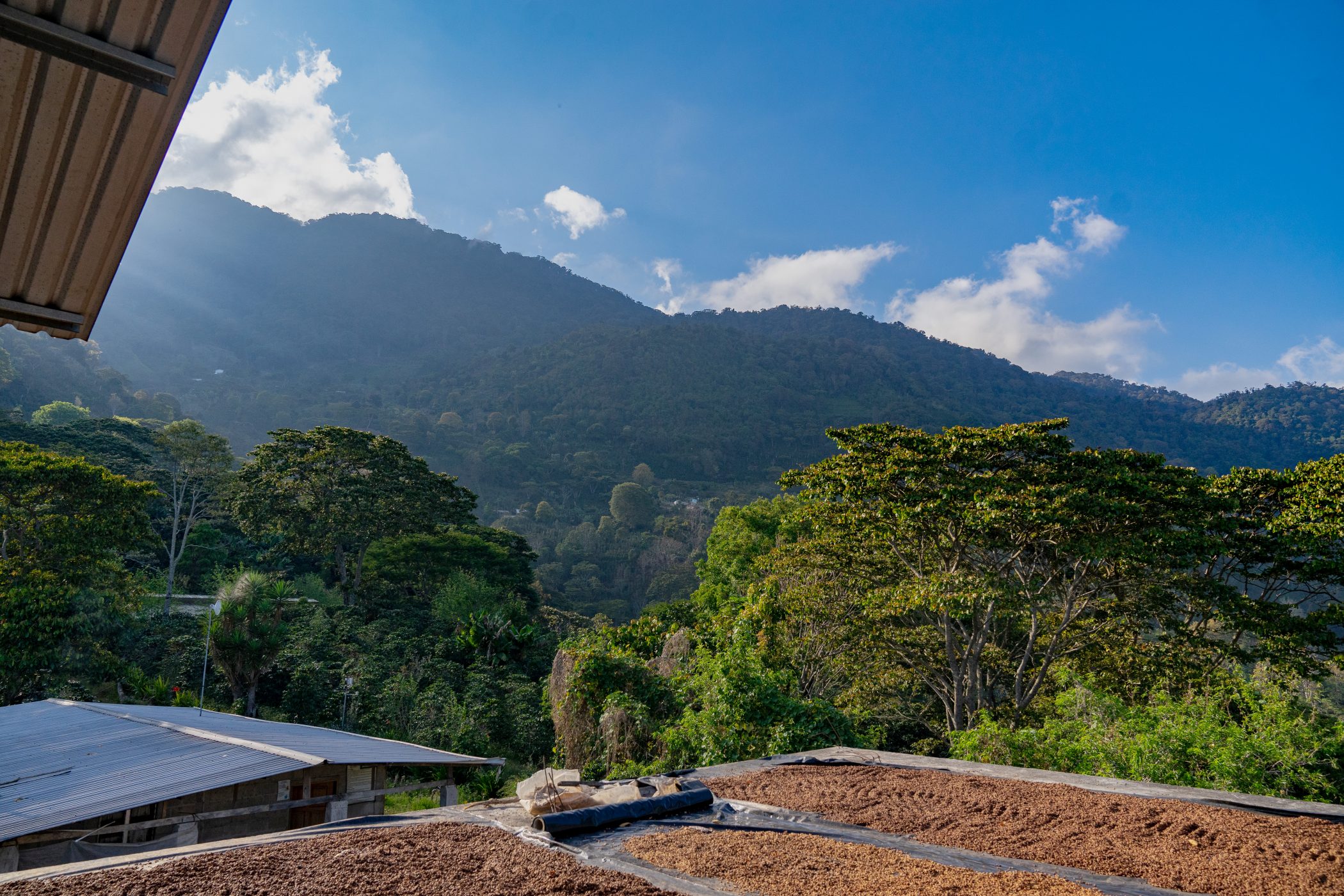Order within 49 minutes to ship today

Only Organic
Conventional coffee farms are some of the most highly-fertilised – and over-fertilised – agricultural environments in the world. While coffee grows natively in a naturally diverse forest setting, with ample shade cover and broad biodiversity, the majority of conventional coffee farms today are monocultures with minimal-to-no shade cover, stripped of most varieties of flora and fauna.
Organic coffee is coffee that is grown without the use of harmful pesticides or chemical inputs. For us at Dukes, once we became aware of just how damaging industrialised agriculture is for farming globally – and coffee farming in particular – it became an obvious choice for us to transition to buying only organic coffee.
Roasting 100% sustainable organic coffees
Since 2019, we have been proud to be the only roaster in Australia importing and producing exclusively certified organic, specialty coffee at the very highest levels of quality.
The statement on our packaging that our coffee is “naturally grown, free of pesticides and glyphosate” is not lip service. We work closely all-year-round with regenerative coffee producers who have the same view of quality and sustainability as we do. The strength of these partnerships provides the bedrock for the quality, consistency and long-term sustainability of our entire product range.


The future of coffee
We want coffee to be growing for generations to come and for coffee communities to see sustainable development long into the future. We view organic coffee production as pivotal to achieving this.
Coffee farming occurs predominantly in highly fertile agroforestry environments. These are generally remote, high-elevation farms that have the capacity under sound management to produce superior crops with more complex flavours and nutrients if managed correctly. We have seen first-hand that when whole communities work together under the guidance of experienced organic agronomists and farmers, the whole community benefits.
More important than focusing on post-harvest processing, there is an immense amount of work to be done by every participant in the coffee supply chain to improve coffee’s agricultural footprint, and that starts by choosing to purchase organic coffee and support organic producers whenever it is available.
